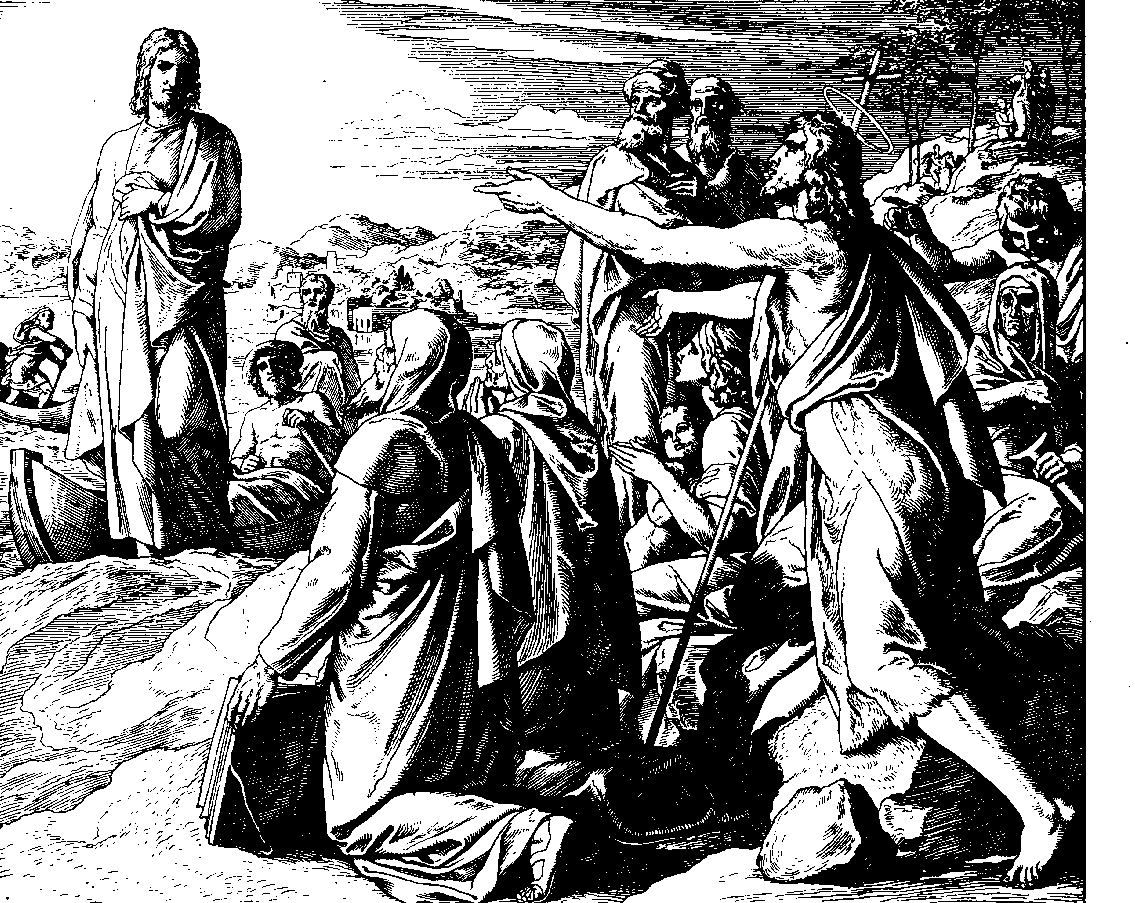
“If only I could have talked to Jesus….” Kim was wistful in her longing. “I wish God would talk to me today so I could hear him like I hear you.”
We long for that personal touch, don’t we? Many are sure belief would be easier if they had lived in Jesus’ time.
How do we learn about events when we weren’t present for the happening? Often we seek out an eyewitness account. The news media is trained to search for eyewitnesses. The legal world prizes the eyewitness in a court case. The impossible is a little more likely if someone actually saw it happen.
John’s gospel takes a new direction from the synoptics (Matthew, Mark and Luke). John makes his purpose clear in John 20:31:
But these are written that you may believe that Jesus is the Christ, the Son of God, and that by believing you may have life in his name.
John 20:31
He writes so that others may believe that Jesus is the Christ, the Son of God, and so receive eternal life.
John leaves out much of the synoptic material and includes material unique to his gospel, evoking plenty of questions about his purpose. Was John writing to correct the synoptics? To supplement them? Why is his central theme so different from the synoptics?
Who did he write to? The Greek word that could be translated “continue to believe” or “now believe” appears well over 20 times in John. Scholars debate John’s audience. Was he writing evangelically, to move non-Christians to belief? Or was he writing to Christians, urging them to continue in their belief? There are many theories.
In the last 100 years, scholars suggest that John wrote to evangelize Gentiles while others say John wrote to evangelize Greek-speaking Jews of the Diaspora (those scattered). Most probably, John’s purpose was to evangelize Jews and Gentiles while encouraging Christians. The same arguments that could cause one to come to faith would cause another to continue in that faith.
John’s gospel is fascinating in its uniqueness. He chose seven signs – indicating in 21:25 that there were many more – to make specific points about Jesus’ authority. Those seven miracles showed Jesus’ power over nature, time, distance, quantity – those things that seem impossible to overcome, thereby showing Jesus’ divinity.
For the many who would question Jesus’ divinity, John tackled the topic head-on with eye-witness reports on Jesus’ power.
Those who doubted the divinity of Jesus had to explain John’s eyewitness reports. John saw the signs personally.
John 2:23 summarizes the process: many people saw the miraculous signs he was doing and believed in his name.
People were eyewitnesses: they saw Jesus’ work and they believed.
Today, we have those eyewitness reports. Who needs to read John today?




























![[bzrzvec.jpg]](http://bp2.blogger.com/_8e4RZxz5M5Q/Ro6YIS3pCCI/AAAAAAAAAOo/C1k4krMFJd8/s0-d/bzrzvec.jpg)